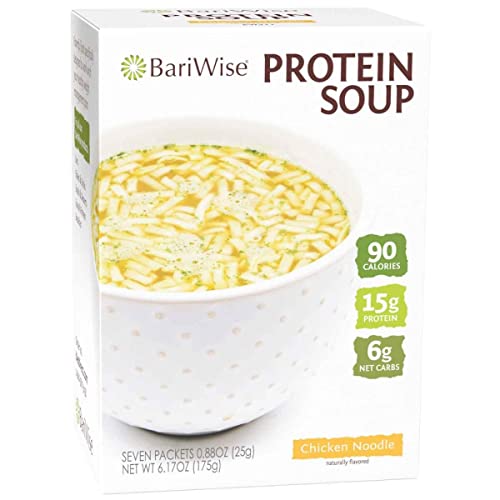Spiky Bugger
Well-Known Member
- Joined
- Jan 5, 2014
- Messages
- 6,310
So...what, exactly, does "absorption" mean and how does it work?
@Larra @DianaCox and you other Smarties...
Let's say that you malabsorb.
Let's also say that you develop kidney stones.
Let's further say that one way to try to prevent calcium oxalate stones is to make sure that every bite of an oxalate-containing food you consume is accompanied by some calcium to bind with in the gut so that it can poop out (and not find its way to the bladder and make stones.)
Let's conclude the premise-building by mentioning that you wonder about a lot because you have little actual knowledge.
Then you get to the question of How Much Calcium, don't you?
•The average human body "absorbs" about 500-600 mg of calcium at a time and then needs about a two-hour break?
•When we say "absorbs," what do we mean? Is this in reference to how much calcium gets into the "blood stream," the "serum calcium" we test for?
•What about the (chewable) calcium supplement you take WITH a meal? It would seem that THAT calcium has not had time to do much more than travel to the gut and meet up with the oxalates you just ate. Maybe?
•If you start out with malabsorption, then you are probably not absorbing all 500-600 mg of the supplement, right?
•Given your malabsorption...AND given that you don't know if the calcium taken with a meal even factors in to the equation...how much calcium is too much?
•••And finally (maybe), if your serum calcium is at the low end of the reference range, and your PTH is at the high end of the reference range, then you might not be overdosing on calcium, right (?), so how often are you going to test that value?
@Larra @DianaCox and you other Smarties...
Let's say that you malabsorb.
Let's also say that you develop kidney stones.
Let's further say that one way to try to prevent calcium oxalate stones is to make sure that every bite of an oxalate-containing food you consume is accompanied by some calcium to bind with in the gut so that it can poop out (and not find its way to the bladder and make stones.)
Let's conclude the premise-building by mentioning that you wonder about a lot because you have little actual knowledge.
Then you get to the question of How Much Calcium, don't you?
•The average human body "absorbs" about 500-600 mg of calcium at a time and then needs about a two-hour break?
•When we say "absorbs," what do we mean? Is this in reference to how much calcium gets into the "blood stream," the "serum calcium" we test for?
•What about the (chewable) calcium supplement you take WITH a meal? It would seem that THAT calcium has not had time to do much more than travel to the gut and meet up with the oxalates you just ate. Maybe?
•If you start out with malabsorption, then you are probably not absorbing all 500-600 mg of the supplement, right?
•Given your malabsorption...AND given that you don't know if the calcium taken with a meal even factors in to the equation...how much calcium is too much?
•••And finally (maybe), if your serum calcium is at the low end of the reference range, and your PTH is at the high end of the reference range, then you might not be overdosing on calcium, right (?), so how often are you going to test that value?
Last edited:











































